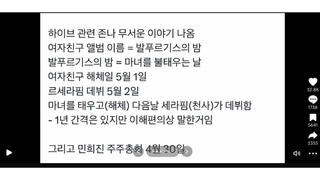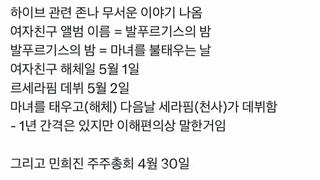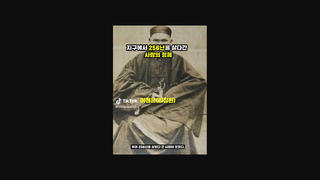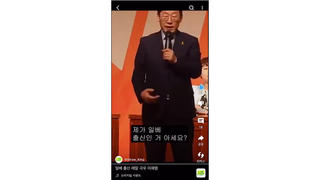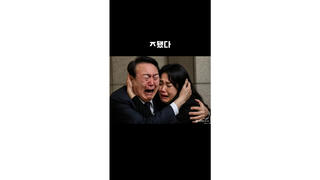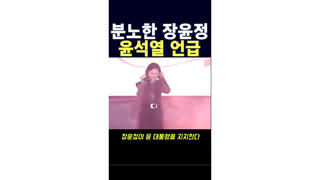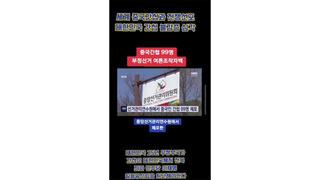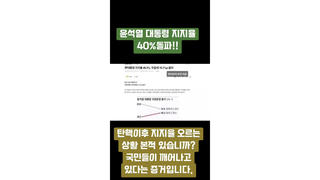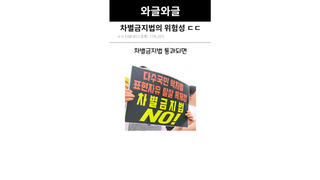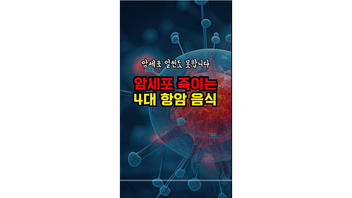
Does a regular diet that includes bean powder, sesame seeds and vinegar prevent cancer? No, that's not true: The is no scientific evidence to prove the claim. Researchers say that dietary components, such as those listed, may "be associated with a change in cancer risk, not that the dietary component is responsible for, or causes, the change in risk."
The claim appeared in a video (archived here) on TikTok by @dietkeeper on February 13, 2024, with captions (translated from Korean to English by Lead Stories staff) that read:
The best food smashes cancer cells right after you eat it! Anticancer foods good for cancer.
And:
To prevent cancer, it is important to manage your diet, by including anticancer food in it.
This is what the post looked like on TikTok at the time of writing:
(Source: TikTok screenshot taken on Sat Feb 17 16:14:35 2024 UTC)
The video introduced four different so-called anti-cancer foods; bean powder, sesame seeds, vinegar and garlic. However, based on multiple pieces of research, none of the foods listed show proven anti-cancer effects.
Bean powder is a Korean traditional ingredient, a stir-fried and crushed version of soybeans. According to a Google Scholar search (archived here) conducted by Lead Stories on February 19, 2024, with the keyword "soybean powder cancer risk factor," there is not enough scientific evidence to support the video's claim. Some research (archived here and here) shows that soybeans may help reduce the risk of estrogen-related cancer in certain case studies, but those studies do not claim it is effective for all kinds of cancers, as the post says.
A search for sesame seeds using Google Scholar search (archived here) with the keyword "sesame cancer risk factor" also shows no link between the food product and the risk of cancer. Multiple studies suggest that vinegar may inhibit the growth of cancer cells during in vitro and in vivo experiments (archived here and here), but studies conclude (archived here and here) that more research is needed to show a link between a diet high in vinegar and reduced cancer risks. Lead Stories previously debunked the claim of a link between garlic and cancer here.
The U.S. National Cancer Institute explains on its website (archived here):
With few exceptions, studies of human populations have not yet shown definitively that any dietary component causes or protects against cancer. Sometimes the results of epidemiologic studies that compare the diets of people with and without cancer have indicated that people with and without cancer differ in their intake of a particular dietary component. However, these results show only that the dietary component is associated with a change in cancer risk, not that the dietary component is responsible for, or causes, the change in risk.


